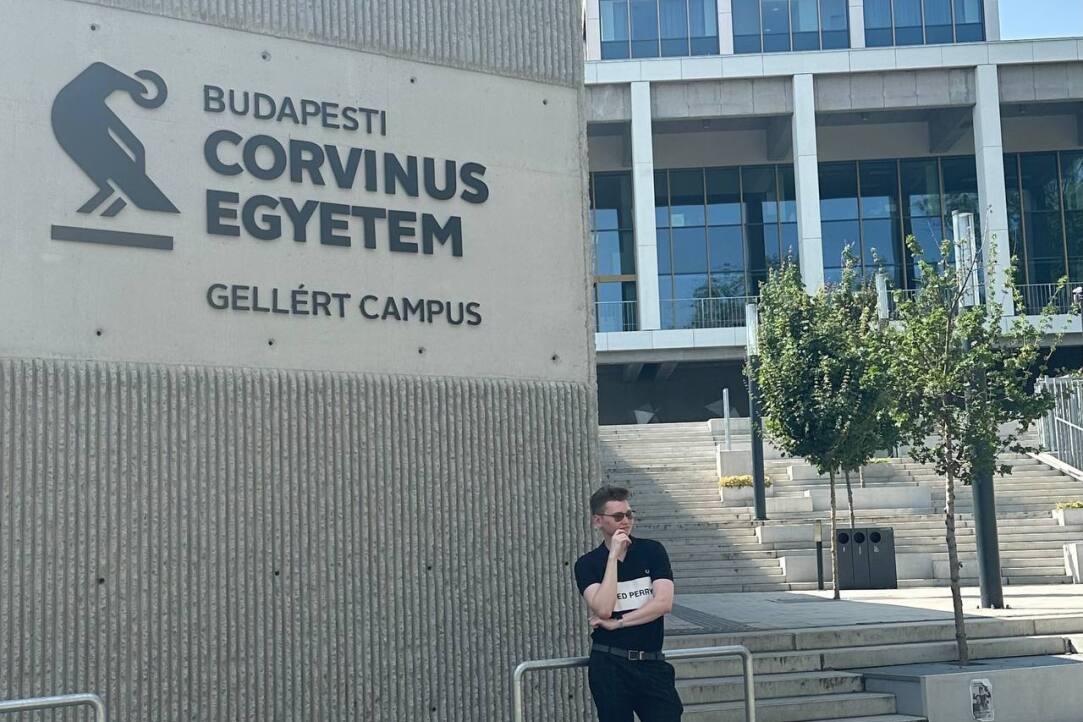Exchange semester in Budapest: an experience that broadens horizons
A GSB student Mikhail Apakov (Master in Electronic Business and Digital Innovations) shares their experience of participating in the academic mobility program at Corvinus University. From a spontaneous application and paperwork to adapting to a new academic system and building meaningful connections abroad — read the full personal story here.

When I enrolled at HSE, the idea of going abroad on exchange seemed interesting but not a priority — there were many other things to focus on at the time. I first seriously considered it in the middle of my first year, when I found out that one of my classmates had applied. It turned out I had missed the deadline, and the next available exchange was for the final semester before my thesis defense. At the time, I thought it was unlikely — at Bauman Moscow State Technical University, where I had studied before, such things were practically impossible.
However, some time later I saw an announcement about applications for the spring exchange semester and decided to ask the academic director: is it really possible? The answer was yes. That’s how I began to prepare my portfolio: I went to Kazakhstan to take the IELTS exam (I didn’t know that TOEFL was also accepted), wrote my motivation letter and collected recommendations. In the end, I was accepted to Corvinus University in Budapest.
I hoped to see how students in another European capital study and live. I was curious about how they balance studying with work and build their career paths. Surprisingly, only a few students were actually working in their fields — which made the connections I formed outside of class even more valuable.
The academic part was mixed: one course on AI leadership was cancelled, another — on strategy — turned out to be quite theoretical, but the course on startups became a real highlight. A professor from Wales and a guest lecturer from a venture capital firm made the classes engaging and practice-oriented. Overall, I tried to choose subjects that involved case studies, to get more applied content — and in some cases, it worked.
Still, the most valuable part of the exchange was definitely the people. Thanks to a meetup organized by EPAM, I met an HSE graduate who has been working in Budapest as a data scientist for three years. His story inspired me no less than the academic courses. Later, through the university community, I met another HSE alumnus — now Head of Analytics at Manychats — whom I met first in Barcelona and later again in Amsterdam. Meetings like these help you see your own path from a new perspective.
Exchange is not only about academics. It’s about stepping outside your comfort zone, finding new directions — both professionally and personally. And for me, it was also proof of how strong and supportive HSE’s community really is — even beyond the university itself.
I recommend this experience to anyone who’s open to the unexpected, ready for a bit of chaos, and eager to make the most of international opportunities.
